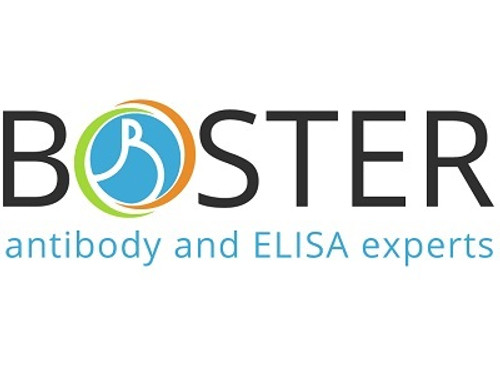Product Description
Human Defensin, alpha 1 (DEFA1) ELISA Kit | AE62979HU | Abebio
Species Reactivity: Human (Homo sapiens)
Abbreviation: DEFA1
Alternative Name: DEF1; DEFA2; HNP-1; HP-1; MGC138393; MRS; OTTHUMP00000196017|defensin; alpha 1; myeloid-related sequence|defensin; alpha 2|myeloid-related sequence
Application: ELISA
Range: 0.312-20 ng/mL
Sensitivity: 0.125 ng/mL
Intra-Assay: ≤3.2%
Inter-Assay: ≤6.5%
Recovery: 1, 06
Sample Type: Serum, Plasma, Other biological fluids
Detection Method: Sandwich
Analysis Method : Quantitive
Test Principale: This assay employs a two-site sandwich ELISA to quantitate DEFA1 in samples. An antibody specific for DEFA1 has been pre-coated onto a microplate. Standards and samples are pipetted into the wells and anyDEFA1 present is bound by the immobilized antibody. After removing any unbound substances, a biotin-conjugated antibody specific for DEFA1 is added to the wells. After washing, Streptavidin conjugated Horseradish Peroxidase (HRP) is added to the wells. Following a wash to remove any unbound avidin-enzyme reagent, a substrate solution is added to the wells and color develops in proportion to the amount of DEFA1 bound in the initial step. The color development is stopped and the intensity of the color is measured.
Product Overview: Defensins are cytotoxic peptides and have a well-defined role in host defense. Defensins are a family of microbicidal and cytotoxic peptides thought to be involved in host defense. They are abundant in the granules of neutrophils and also found in the epithelia of mucosal surfaces such as those of the intestine, respiratory tract, urinary tract, and vagina. Members of the defensin family are highly similar in protein sequence and distinguished by a conserved cysteine motif. Several alpha defensin genes appear to be clustered on chromosome 8.The defensin, alpha 1 protein, is found in the microbicidal granules of neutrophils and likely plays a role in phagocyte-mediated host defense. It differs from defensin, alpha 3 by only one amino acid.
Stability: The stability of ELISA kit is determined by the loss rate of activity. The loss rate of this kit is less than 5% within the expiration date under appropriate storage condition. The loss rate was determined by accelerated thermal degradation test. Keep the kit at 37°C for 4 and 7 days, and compare O.D.values of the kit kept at 37°C with that of at recommended temperature. (referring from China Biological Products Standard, which was calculated by the Arrhenius equation. For ELISA kit, 4 days storage at 37°C can be considered as 6 months at 2 - 8°C, which means 7 days at 37°C equaling 12 months at 2 - 8°C) .
 Euro
Euro
 USD
USD
 British Pound
British Pound
 NULL
NULL












